

Thomas Jennings, a free-born New Yorker, was recognized as the first African-American inventor to own rights to his invention. He received his patent on March 3rd, 1821, for creating “dry-scouring,” the precursor to modern-day dry cleaning.
Dry cleaning is an essential process that helps maintain the appearance and longevity of your clothes. National Dry Cleaning Day is a crucial moment for both customers and dry cleaners alike. Not only is it a day to honor the life and legacy of Thomas Jennings, but it's also an opportunity for dry cleaners to provide their customers with the best dry cleaning experience and show their appreciation for their business.
Trust the professionals and invest in your clothes by giving them the proper care they deserve with dry cleaning.
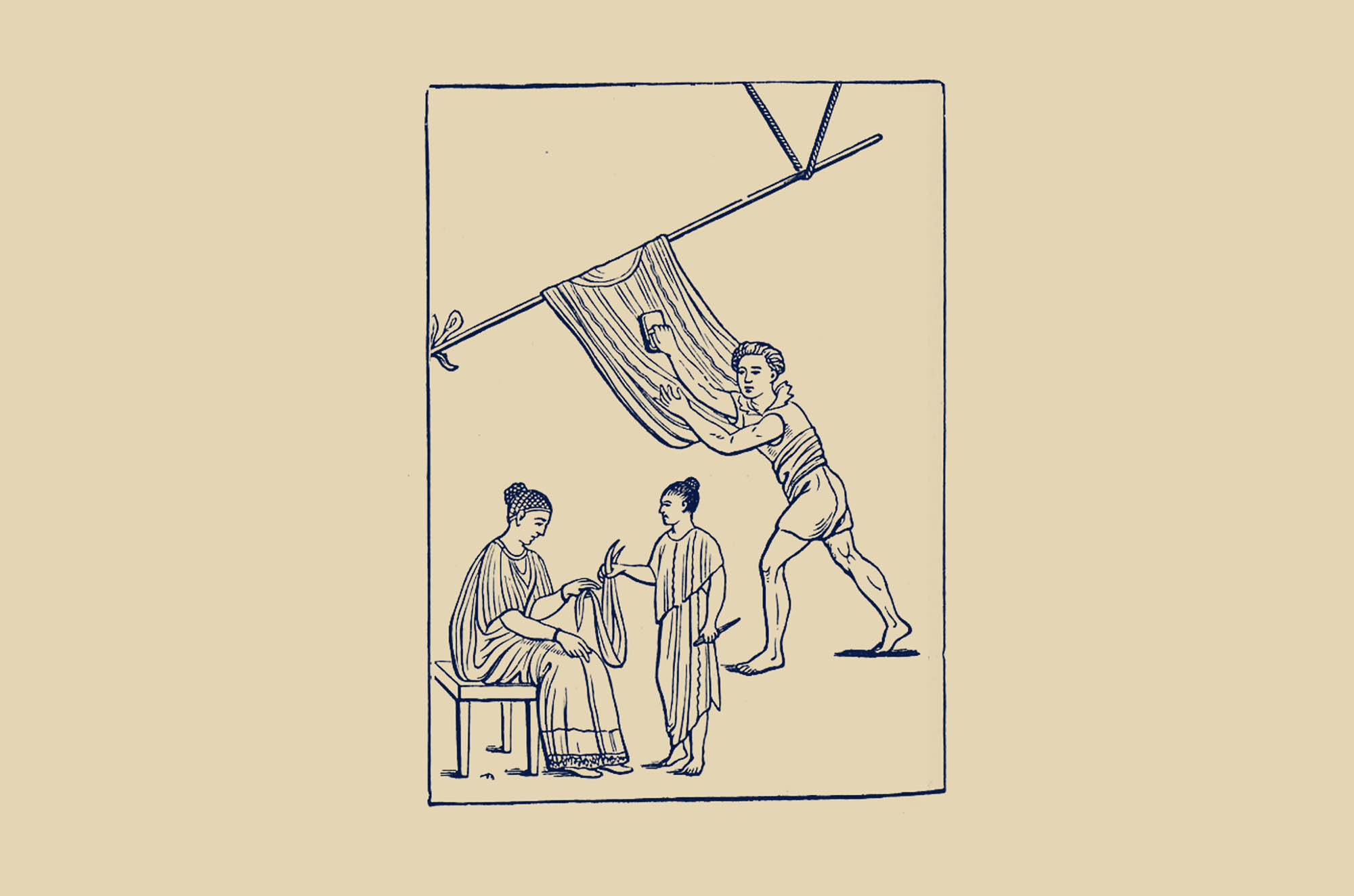
During the Roman Empire, the highly developed trade of "fullers," professional cleaners of garments, was the norm. During this time, lye & ammonia were used for laundry. It was combined with a type of clay known as fuller's earth, used to absorb soils and grease from garments too delicate for laundering.
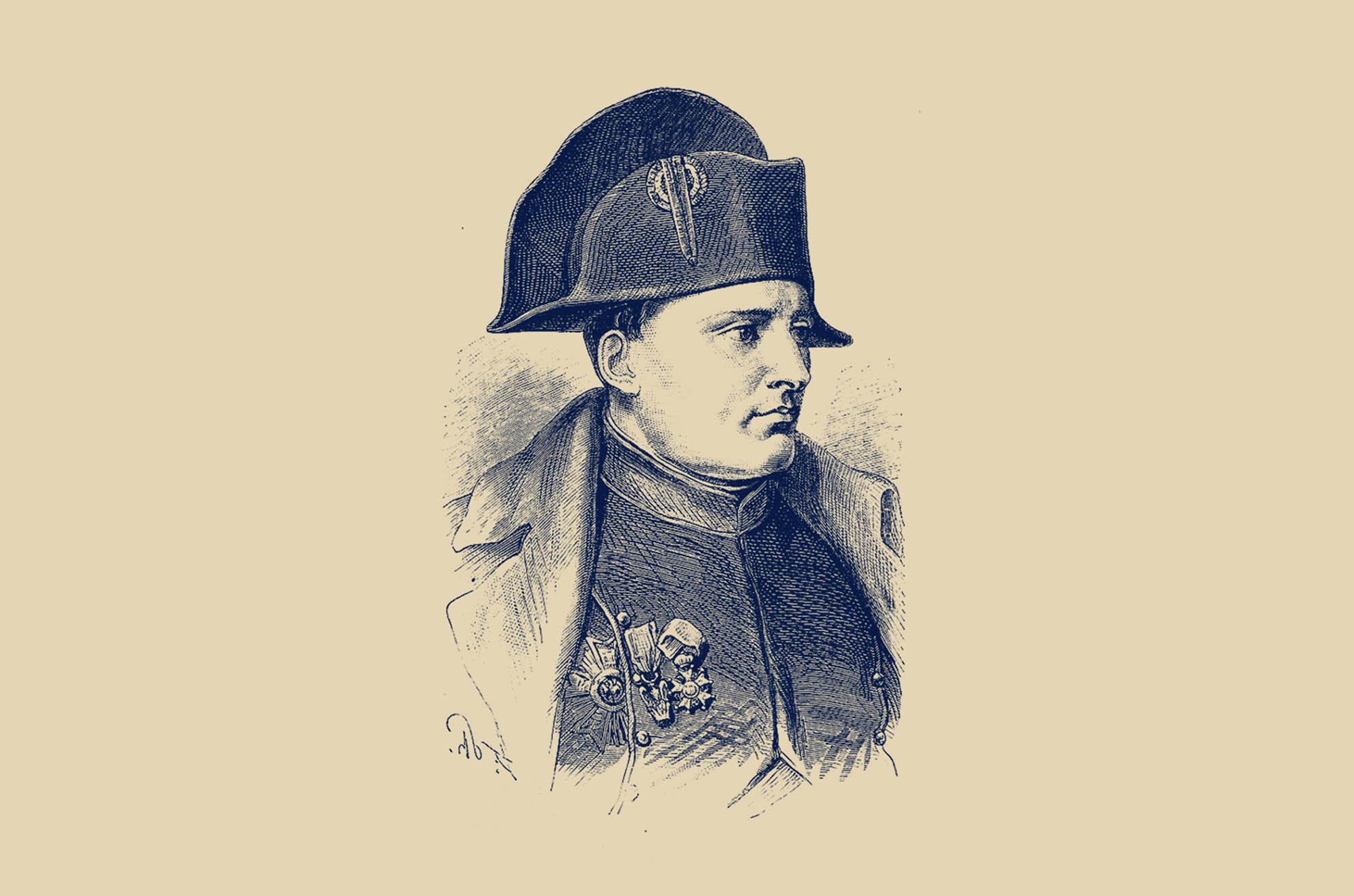
After the French revolution, Napoleon and his wife, Josephine, introduced a new cleaning process where garments were cleaned in tubs of camphere, or more commonly known as turpentine. During this time, a cleaner of clothes was known as a Degraisseur.
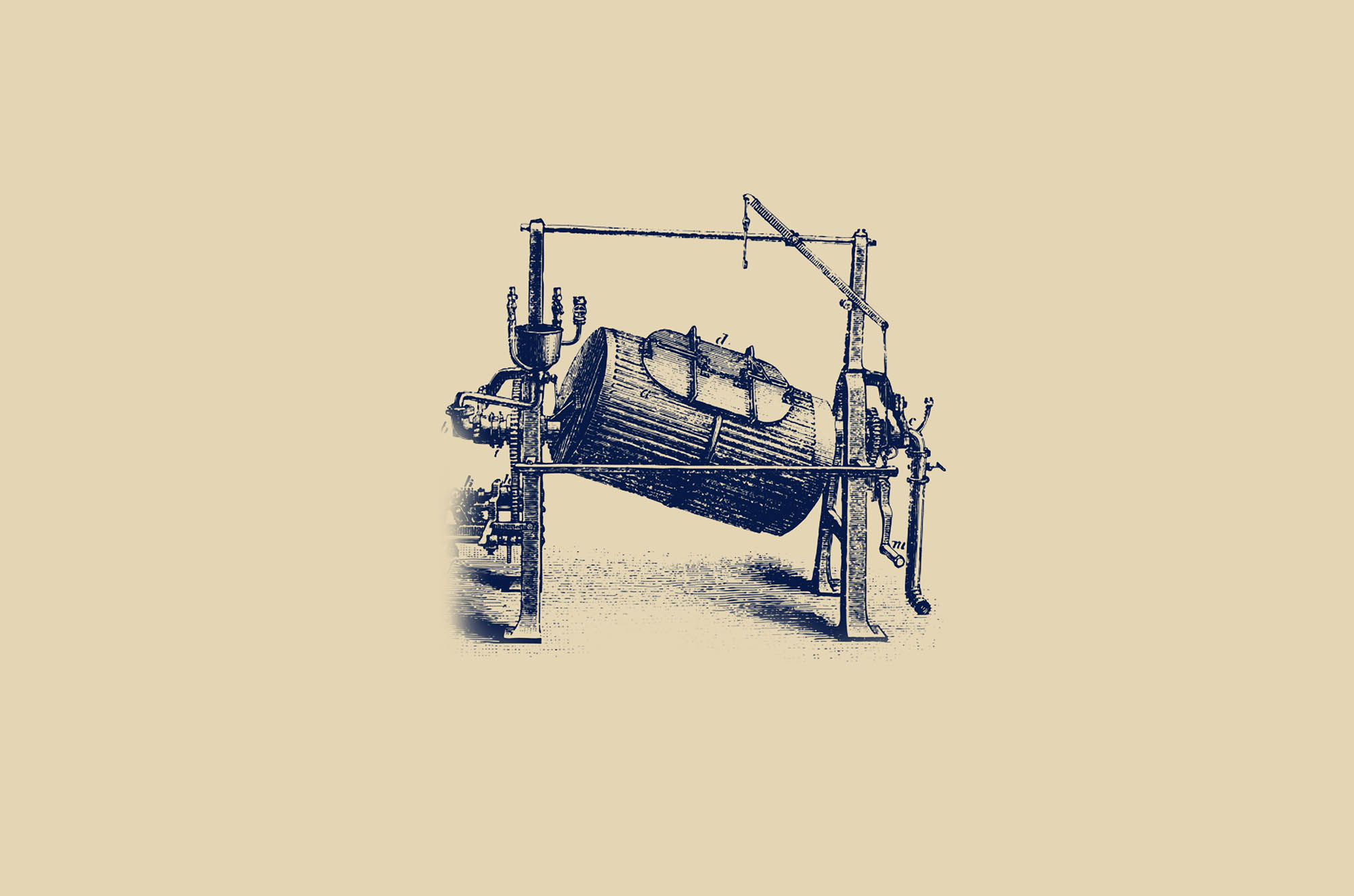
Pullars of Perth was founded by John Pullar and became the first dry cleaning business in Scotland. They are also credited as introducing the first power machinery for dry cleaning. Pullar's daughter-in-law, Adelgunde, also invented the benzene method of dry cleaning.
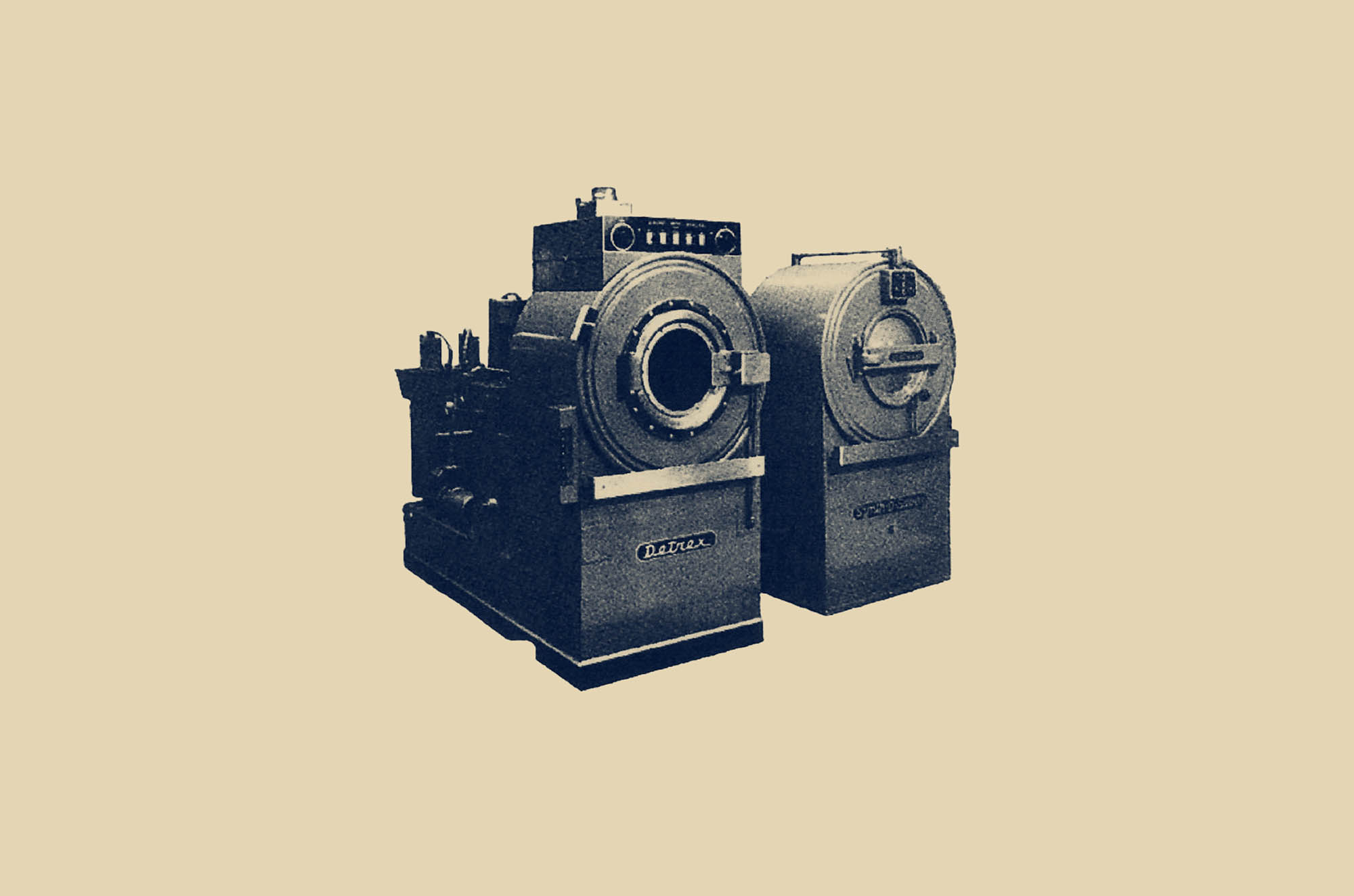
First dryers (tumblers) were utilized in dry cleaning plants. They replaced drying cabinets and steam cabinets. Wet clothes were transferred between the washer and the dryer.
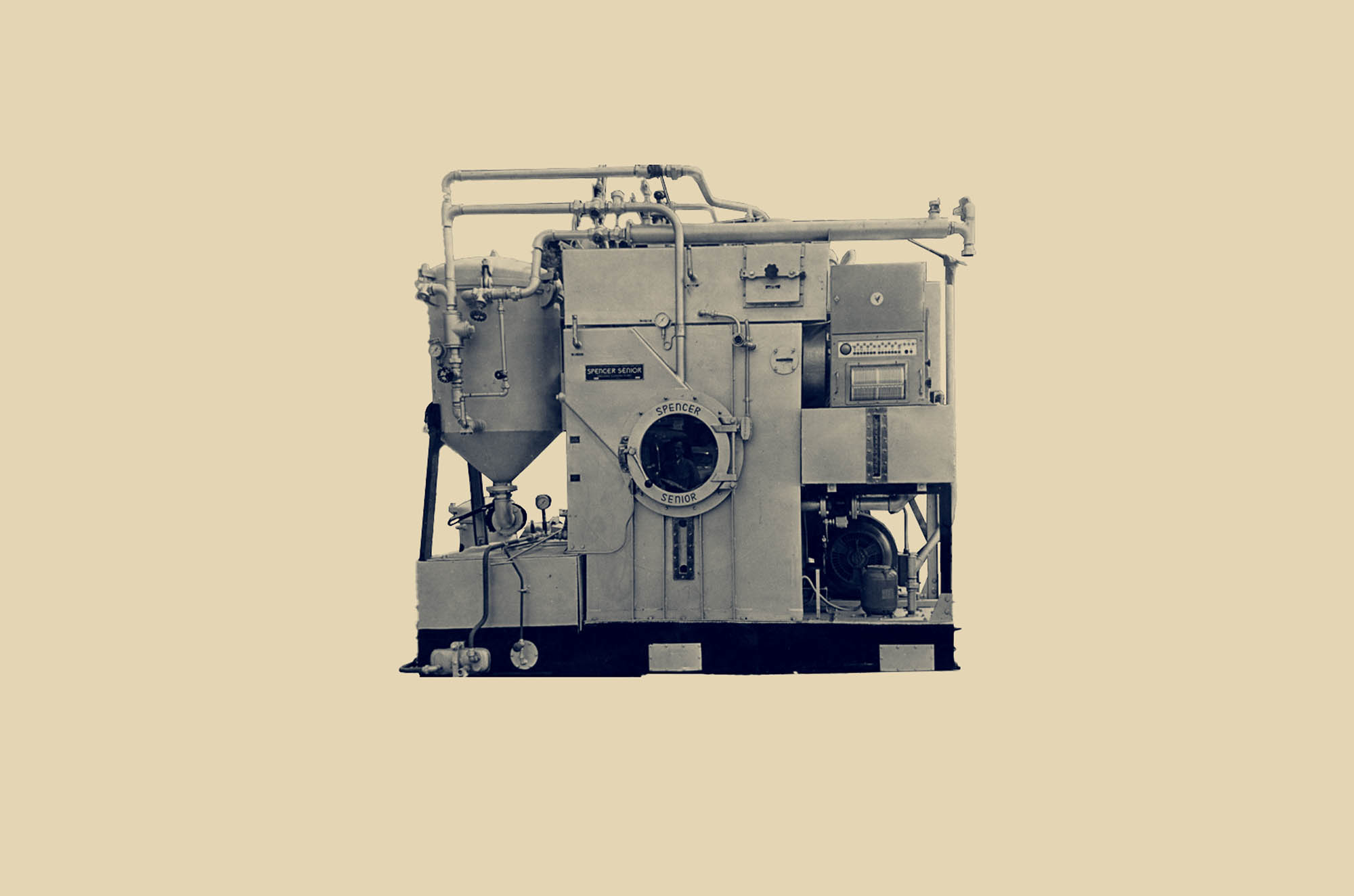
In the first dry-to-dry machines or second generation machines, vapors are vented to the atmosphere from the machine washing drum when the machine is opened after the drying cycle is finished.
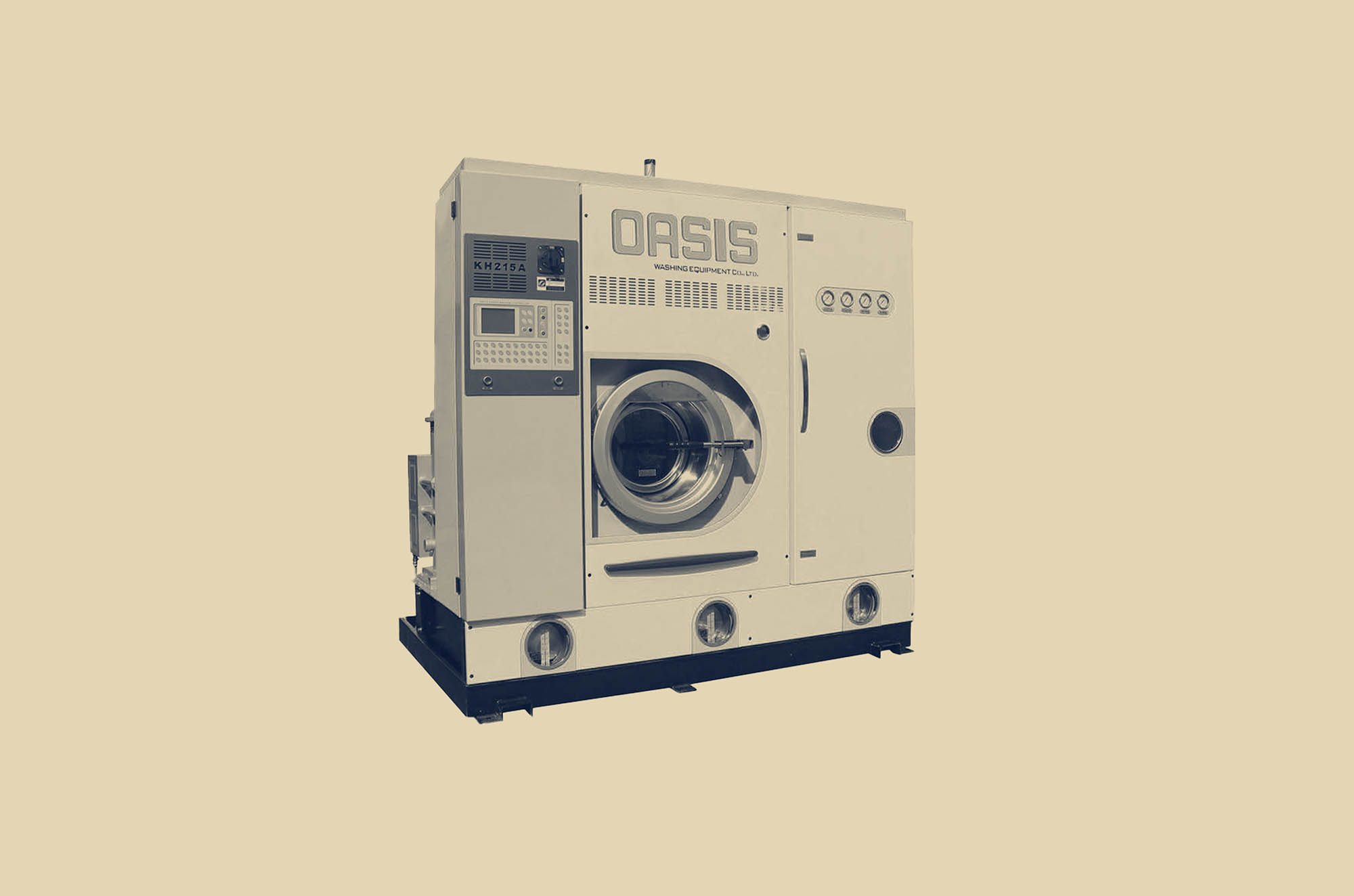
Modern dry cleaning machines use organic solvents instead of water. However, they are not really dry. The machine itself resembles an ordinary domestic washing machine, only larger. The difference is that items which cannot be cleaned with water (delicate fabrics such as wools, suedes, to name a few) are spun and cleaned.